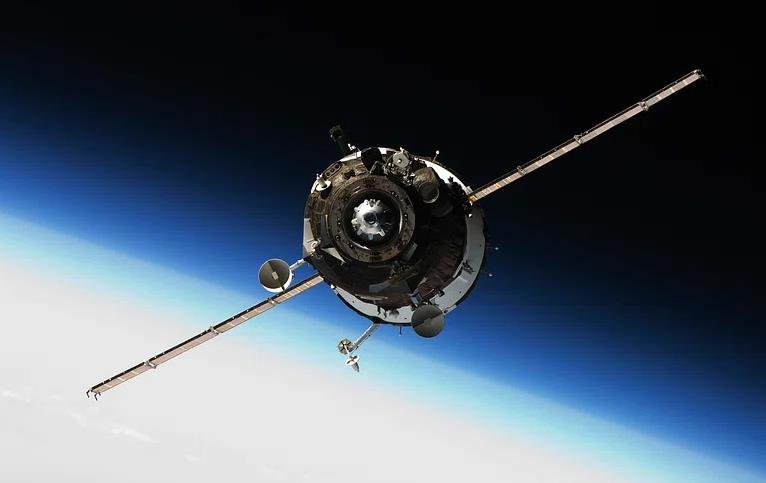Geely, one of the largest carmakers in China, has launched its own satellites to support its future autonomous driving solutions. The company aims to build a constellation of 240 satellites by 2025, which will provide navigation, communication, and remote sensing services for its self-driving vehicles. Geely is the first automaker in the world to have its own satellite network, which will give it an edge over its competitors.
Geely’s space subsidiary, Geespace, was established in 2018, with the vision of creating a smart mobility ecosystem that integrates space and earth. Geespace is responsible for the research, development, design, manufacturing, launch, and operation of Geely’s satellite constellation, as well as the application and marketing of its satellite services.

Geespace has a team of more than 300 experts from various fields, such as aerospace, communications, software, and automotive. Geespace has also partnered with several domestic and international institutions, such as the Chinese Academy of Sciences, the Harbin Institute of Technology, and the European Space Agency, to enhance its technological capabilities and innovation.
Geely’s Satellite Constellation Project
Geely’s satellite constellation project, named IONNA, was officially announced in March 2020, and received the approval from the National Development and Reform Commission (NDRC) in April 2020. The project aims to launch 240 satellites into low-Earth orbit by 2025, with an initial investment of 2.1 billion yuan ($326 million).
The satellites will use the CCS and NACS connectors, which are compatible with most of Geely’s vehicle models, as well as other brands, such as Ford and Tesla. The satellites will provide high-precision positioning, high-speed data transmission, and high-resolution remote sensing for Geely’s autonomous driving solutions, as well as other mobility services, such as trucking, rail, and drones.
The satellites will also use renewable energy sources, such as solar panels, to power themselves, and will have a lifespan of about five years. The satellites will be able to deorbit themselves at the end of their missions, to reduce the space debris problem.
Geely’s First Batch of Satellites Launched
Geely launched its first batch of 11 satellites on February 15, 2024, from the Jiuquan Satellite Launch Center in northwest China. The satellites were carried by a Long March 2D rocket, and successfully entered their designated orbits. The satellites will undergo a series of tests and validations, before becoming operational.
Geely plans to launch another nine satellites in the first half of 2024, to complete the first phase of its constellation. The second phase will involve launching 72 satellites by 2025, and the third phase will expand the network to 168 satellites by 2027.
Geely expects to start providing satellite services to its customers by the end of 2024, and to achieve full coverage of China by 2025. Geely also plans to extend its satellite services to other regions and countries, such as Southeast Asia, Europe, and North America, in the future.
















